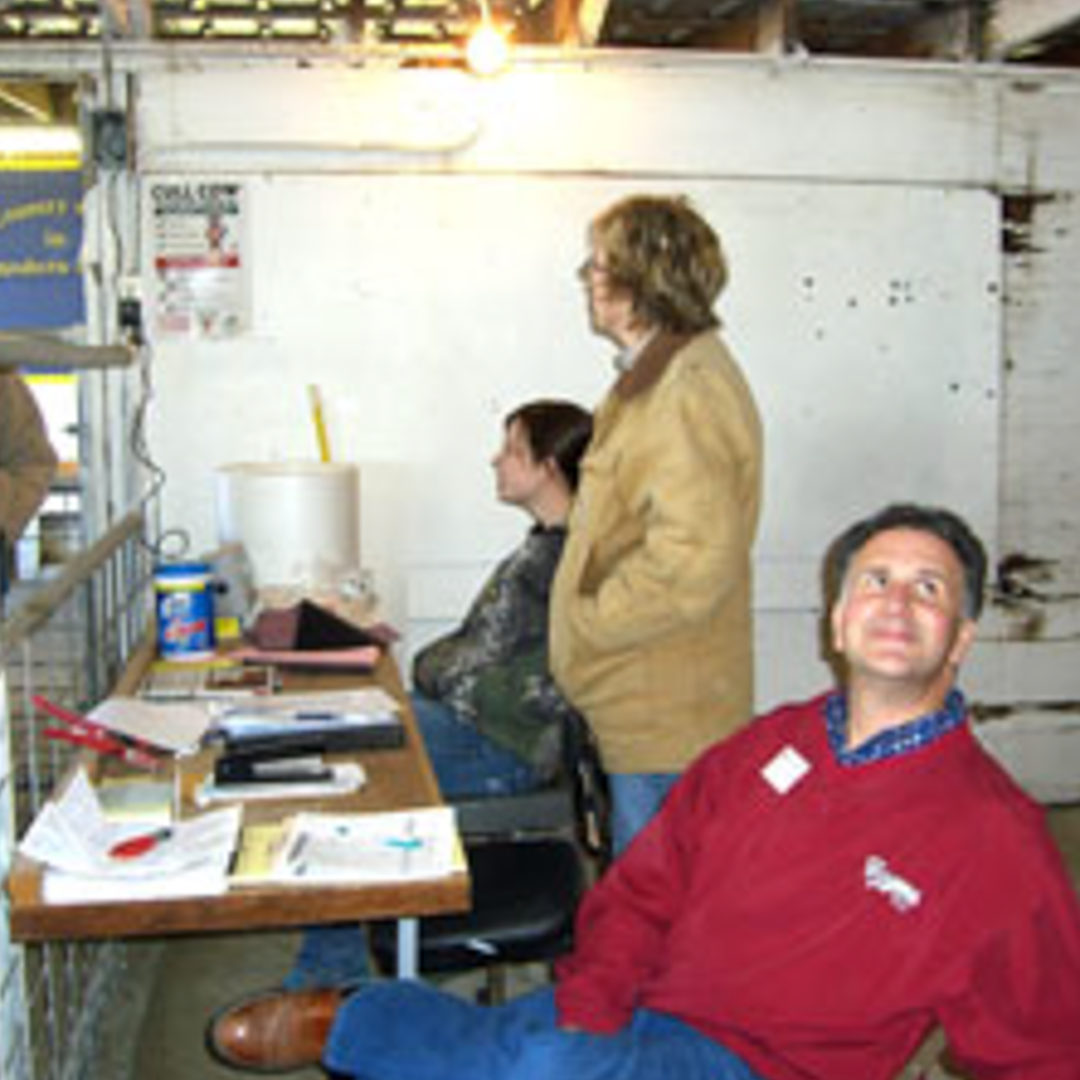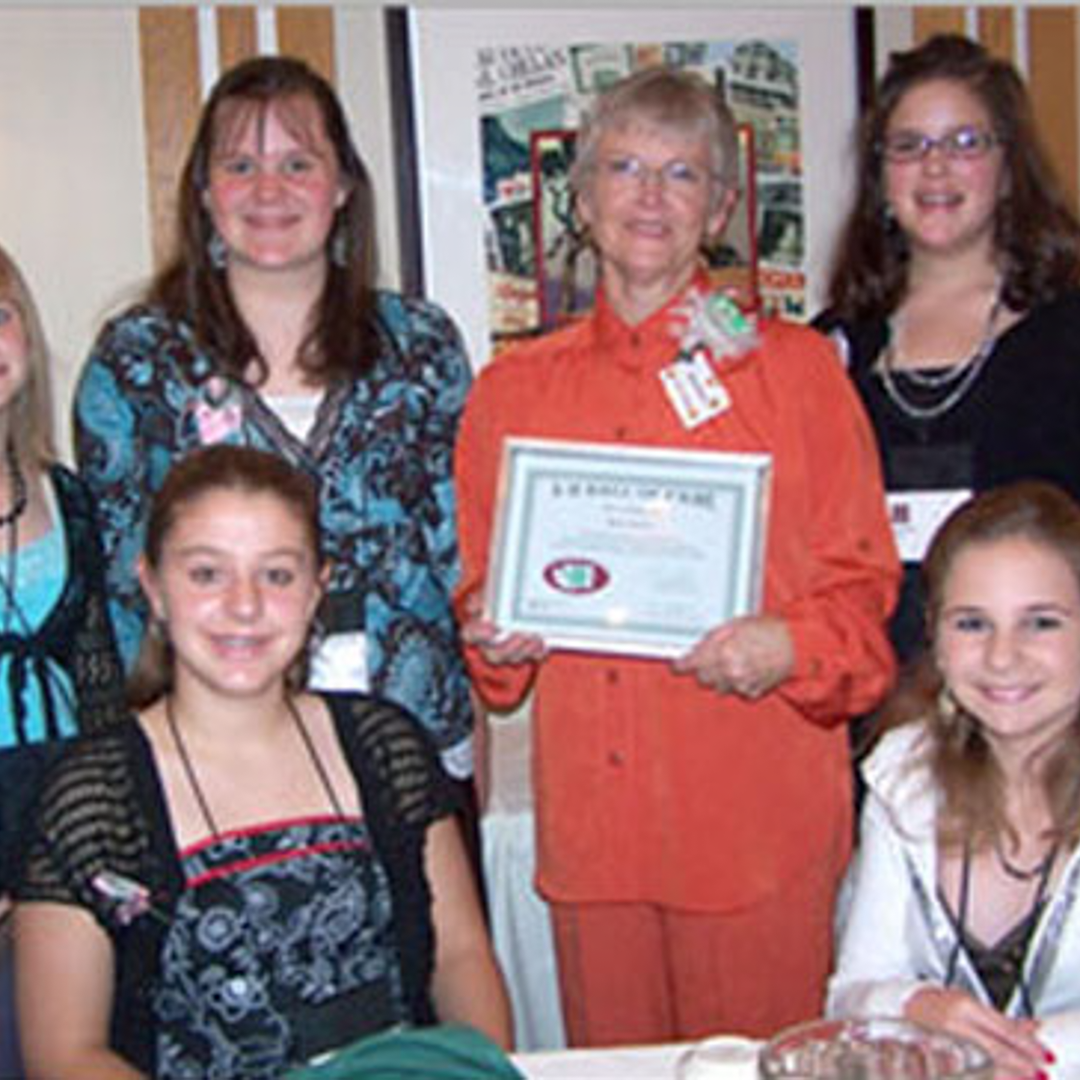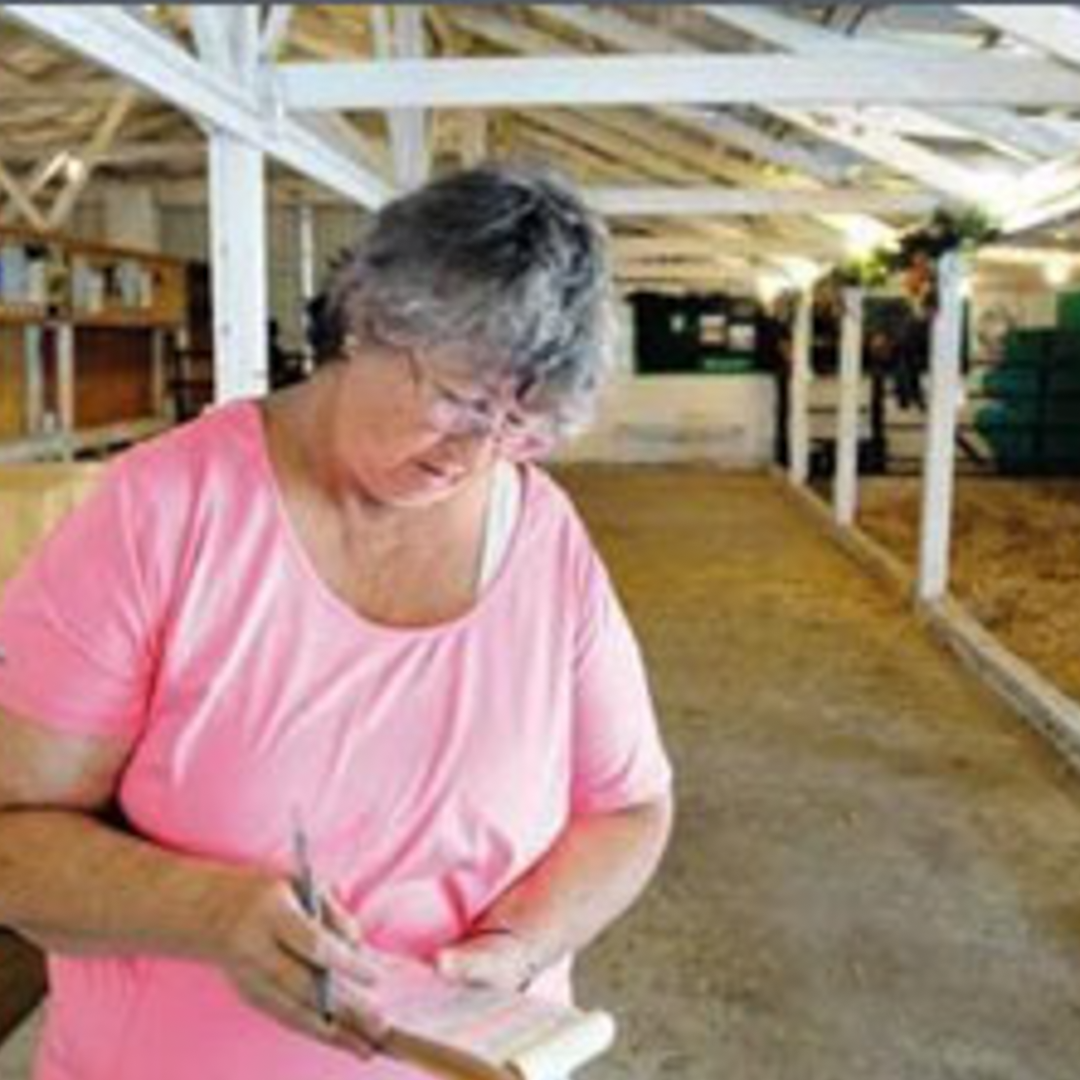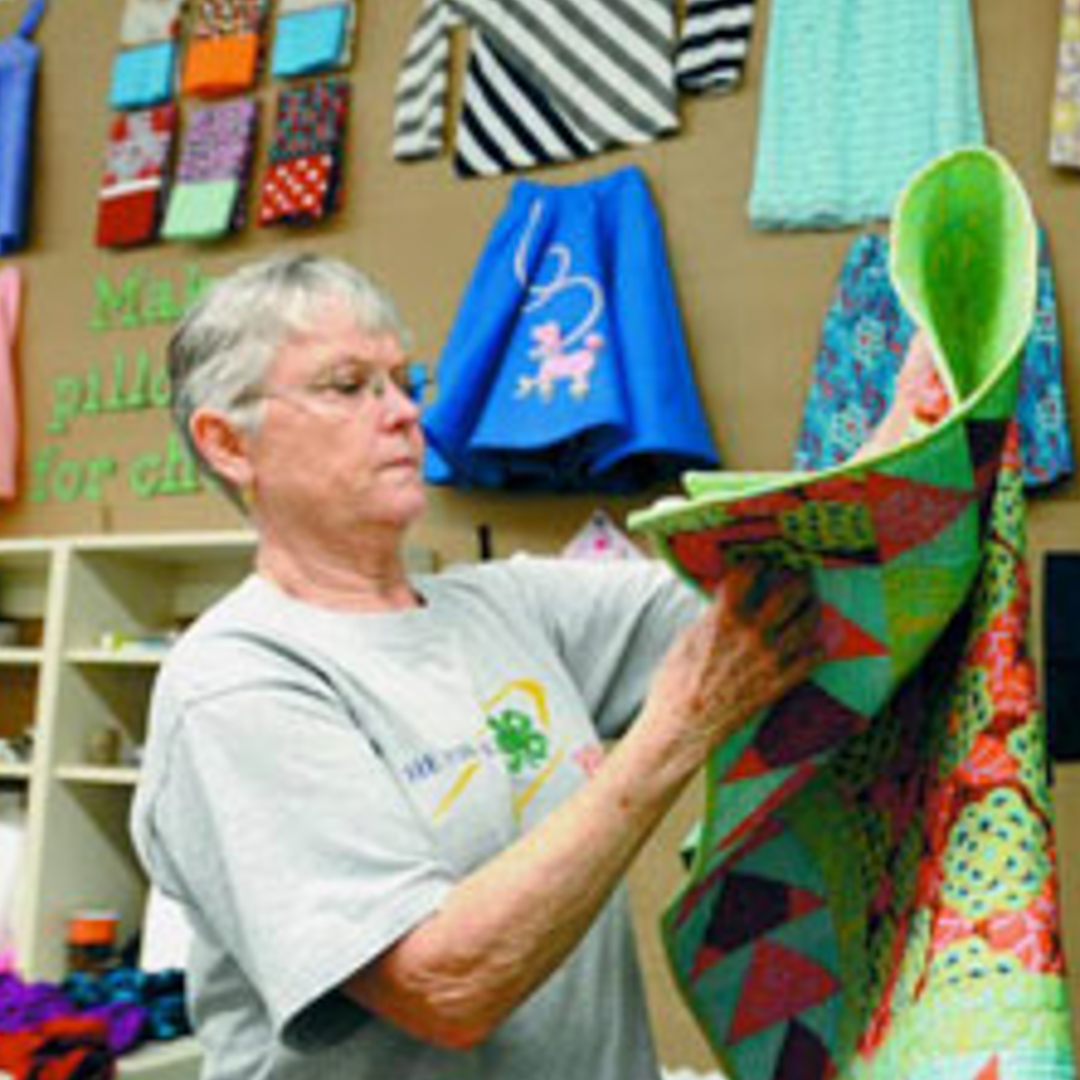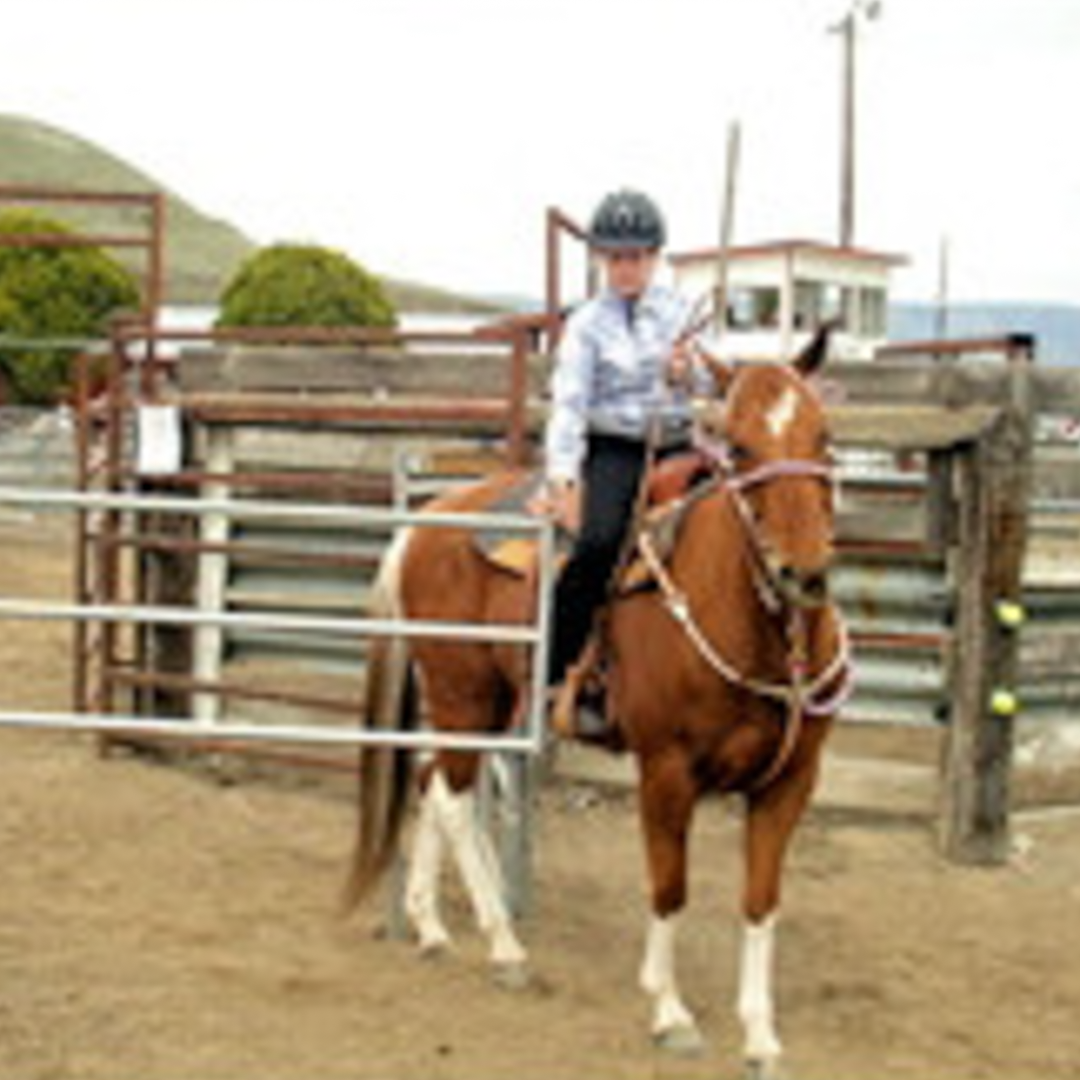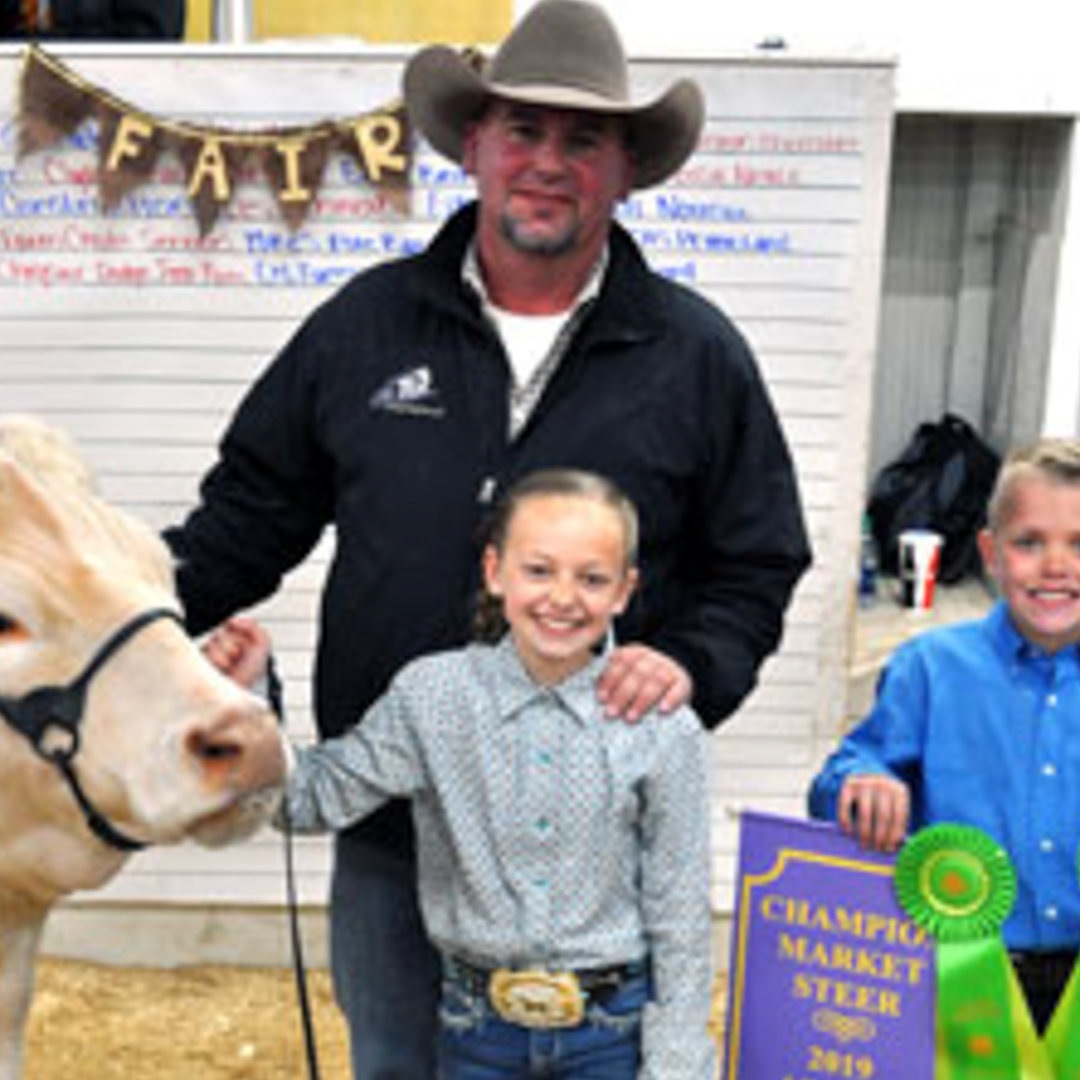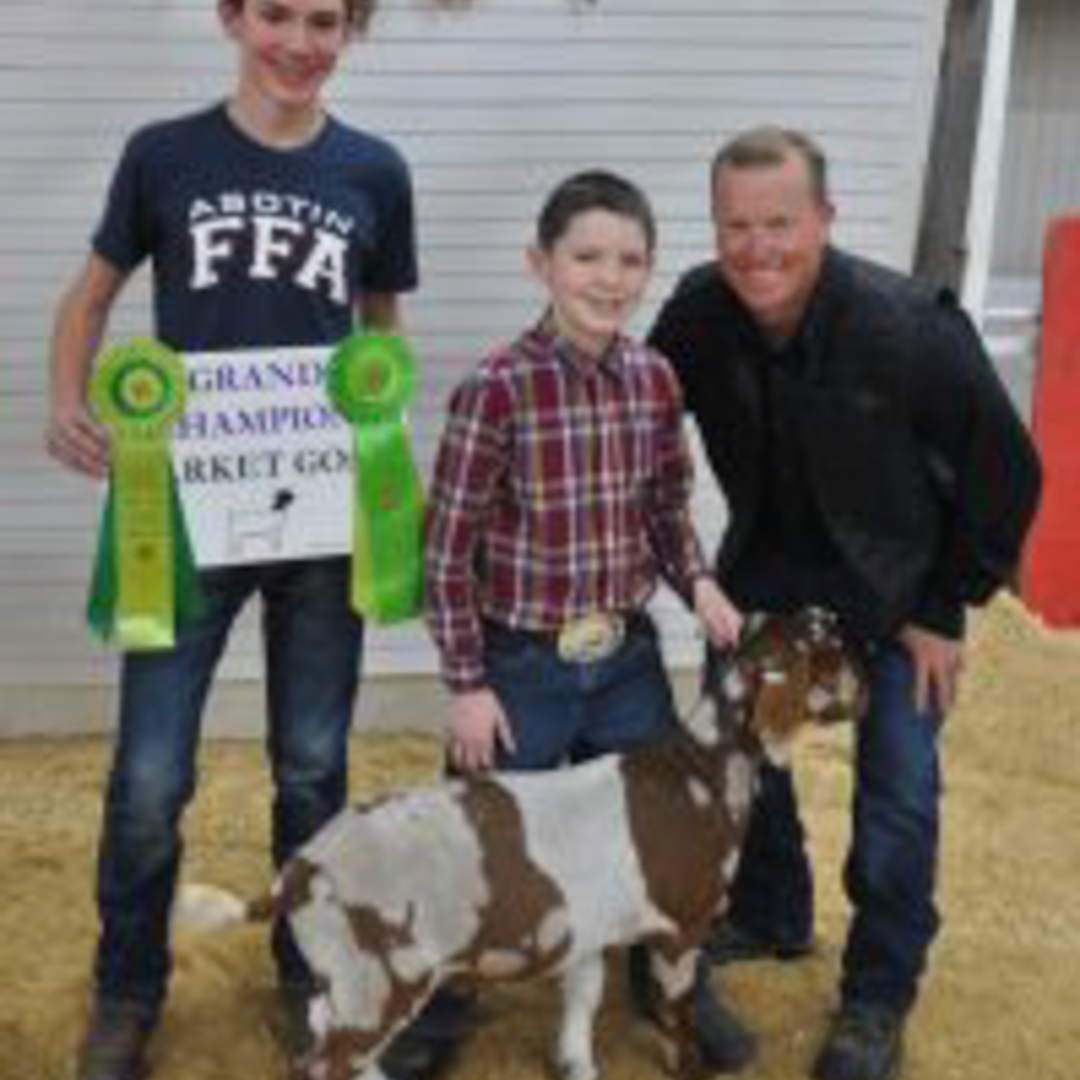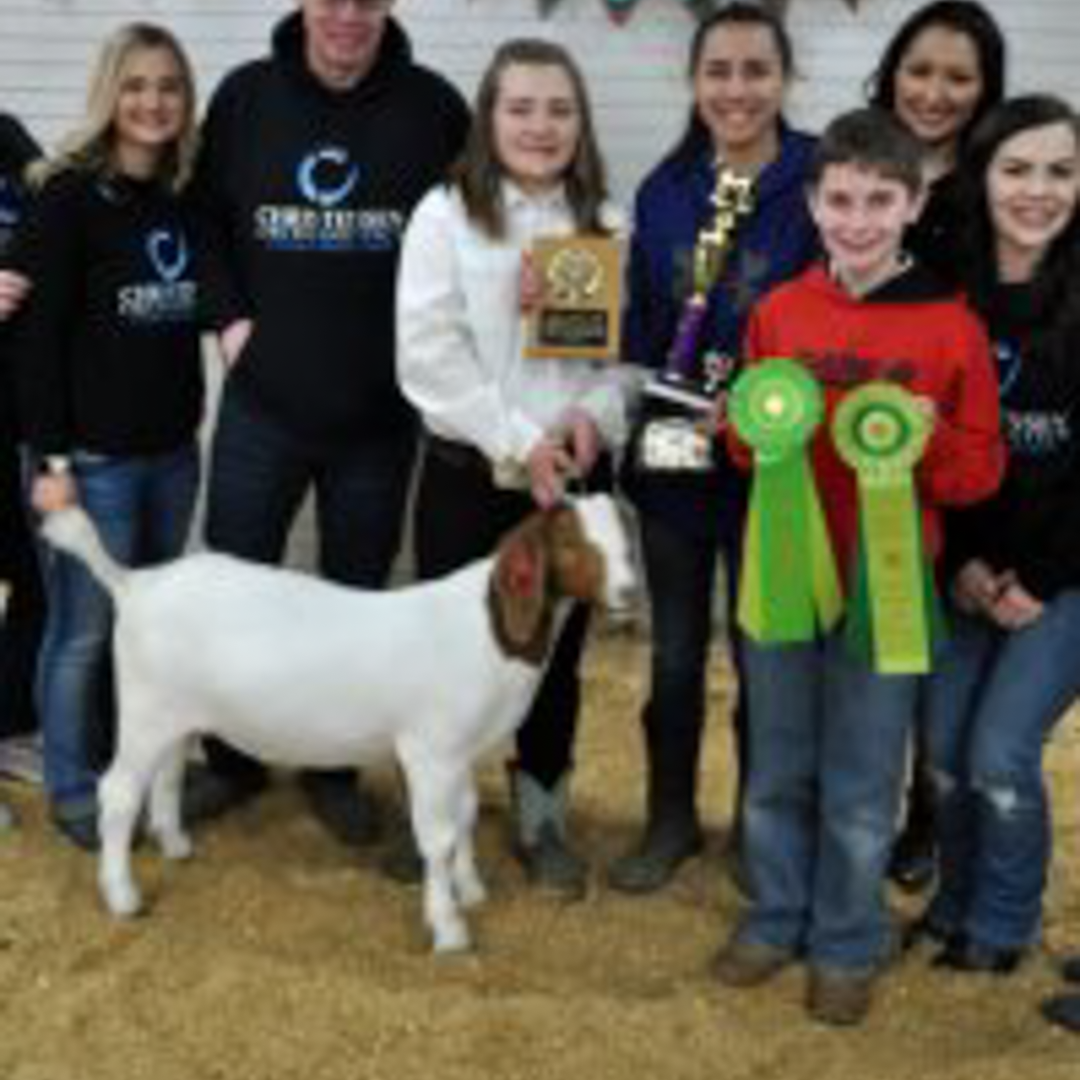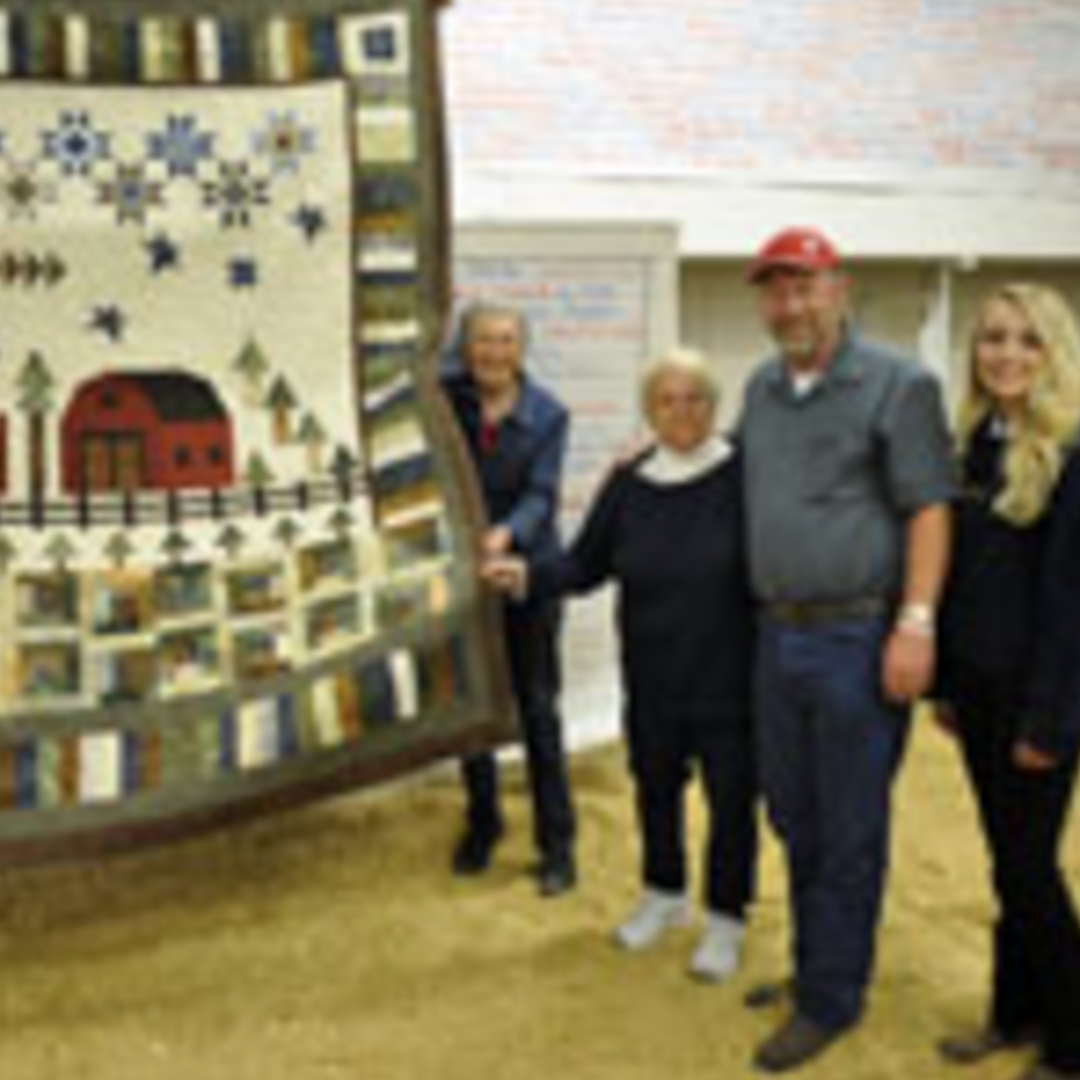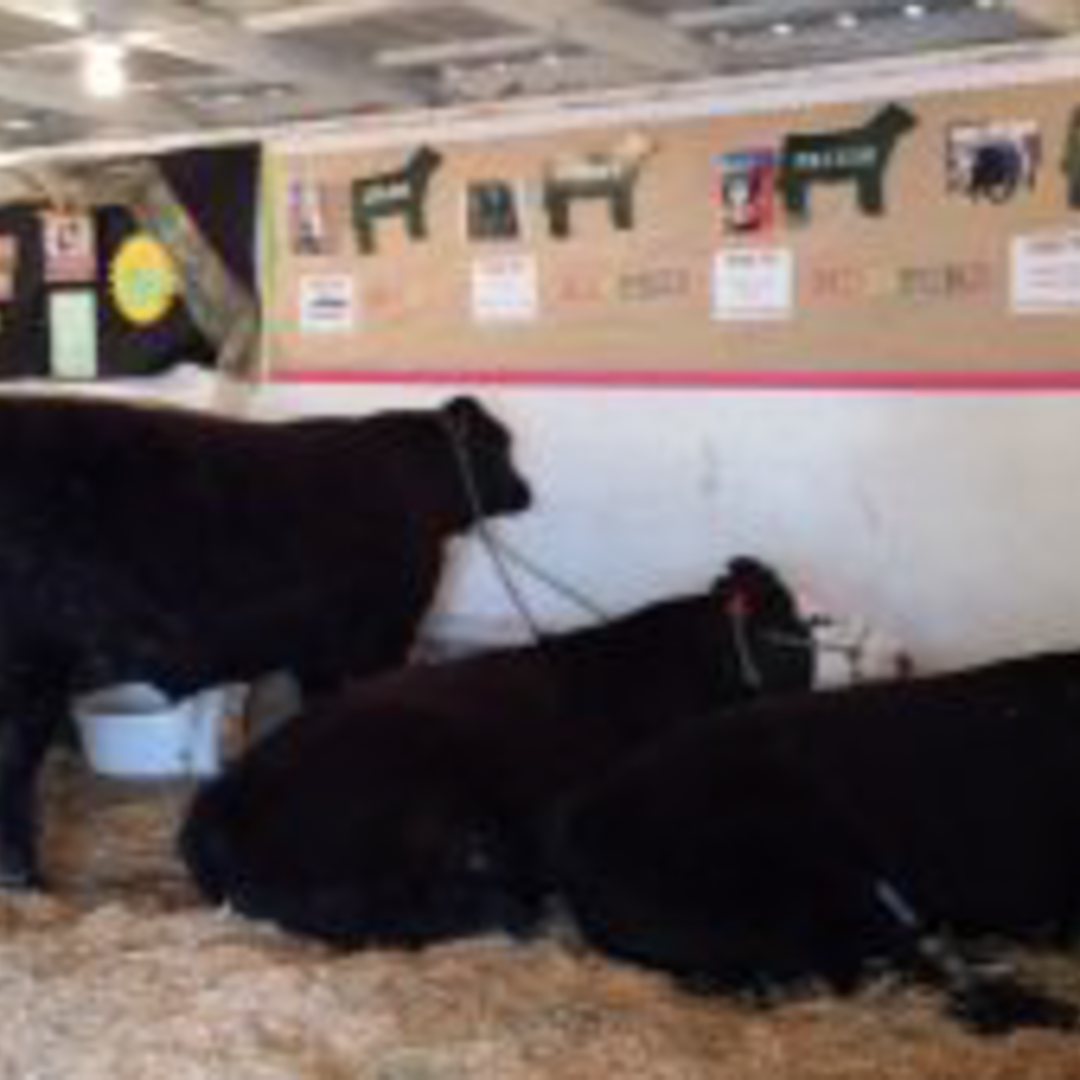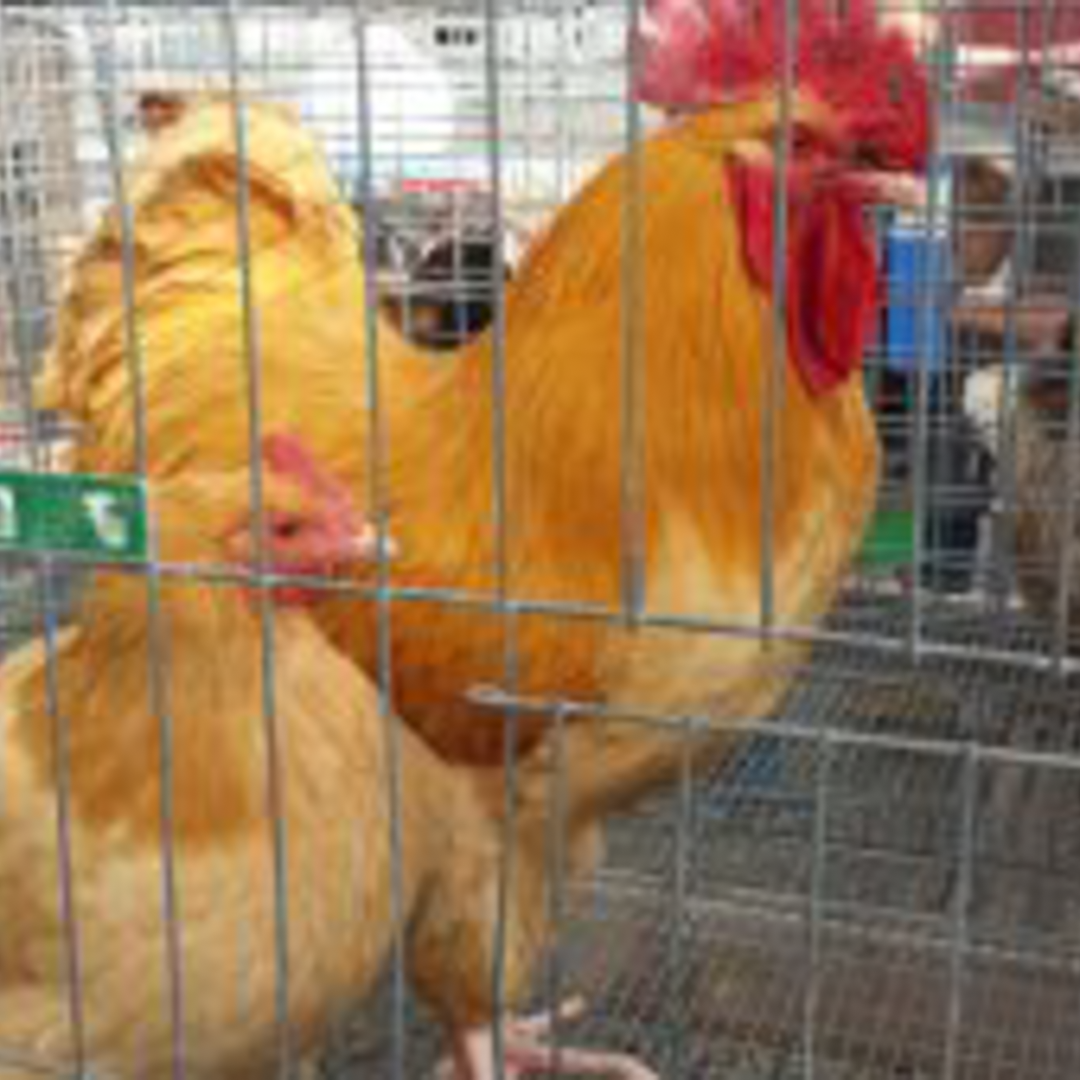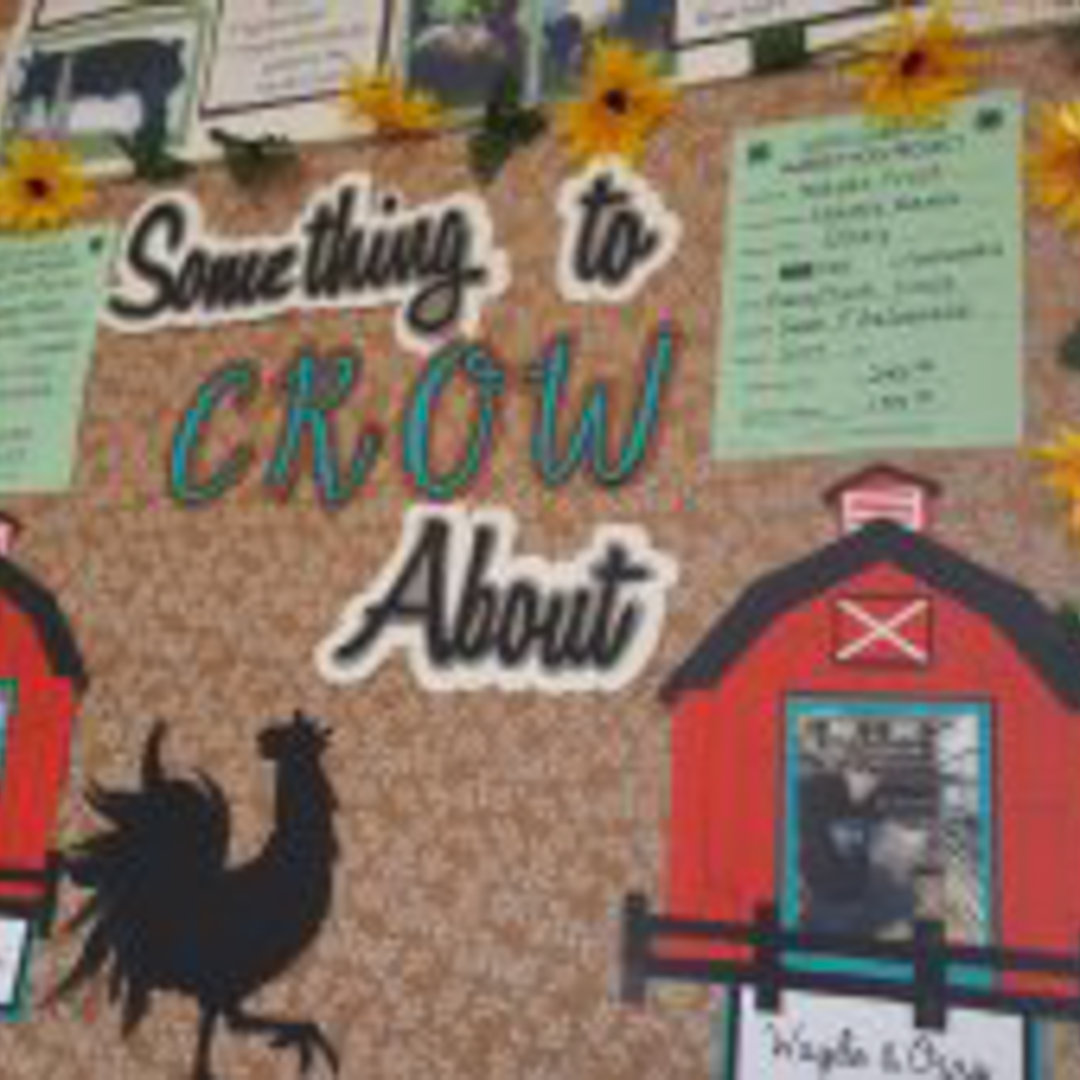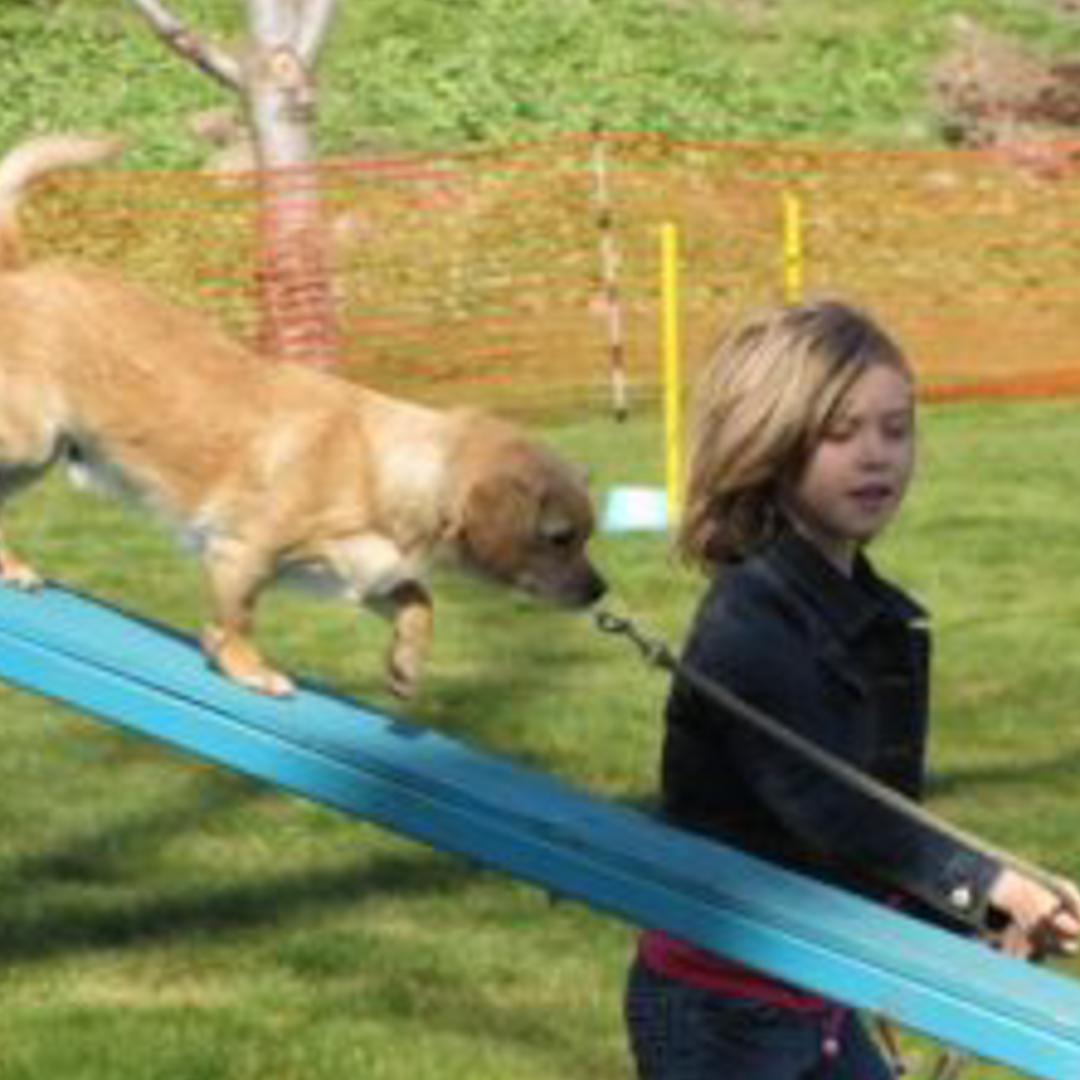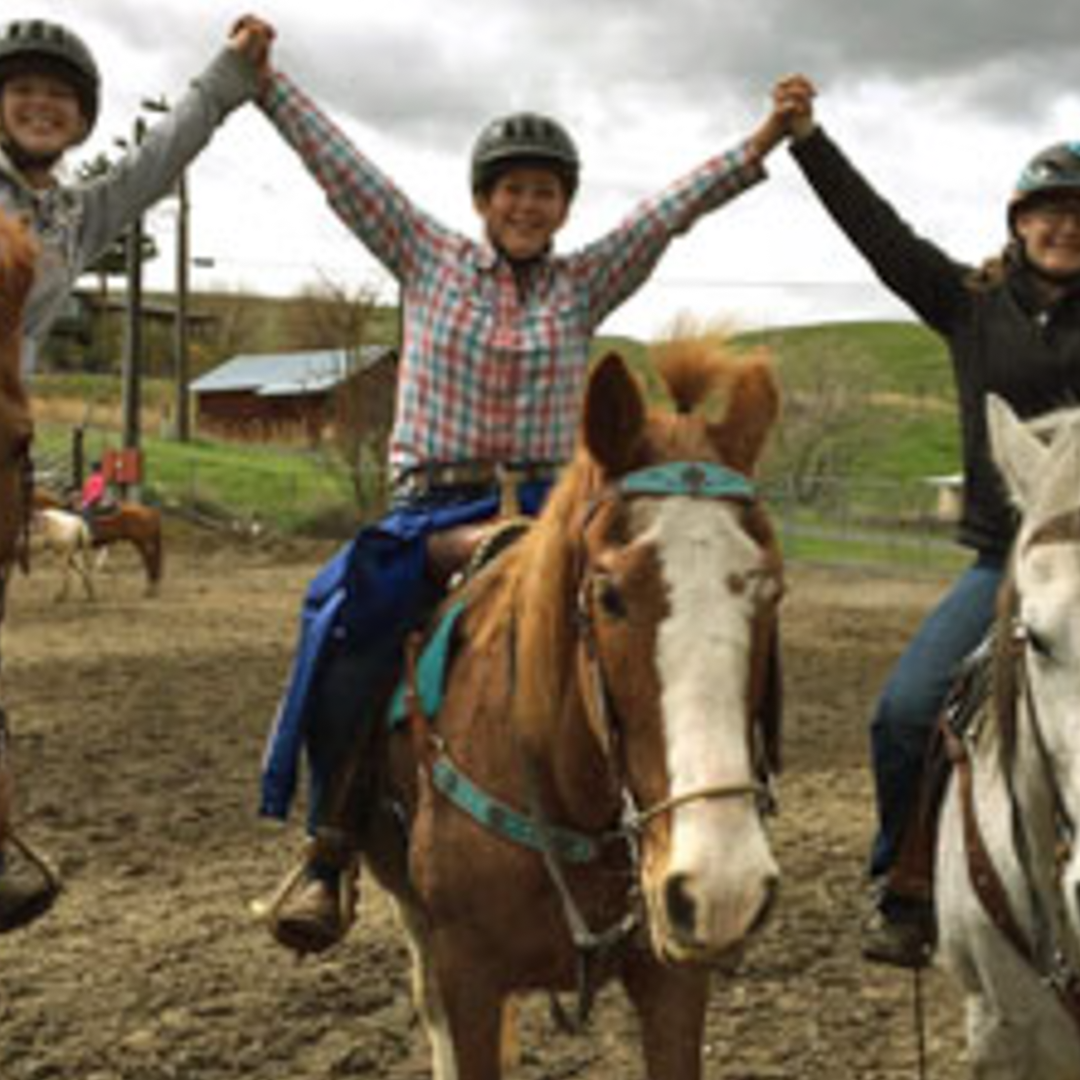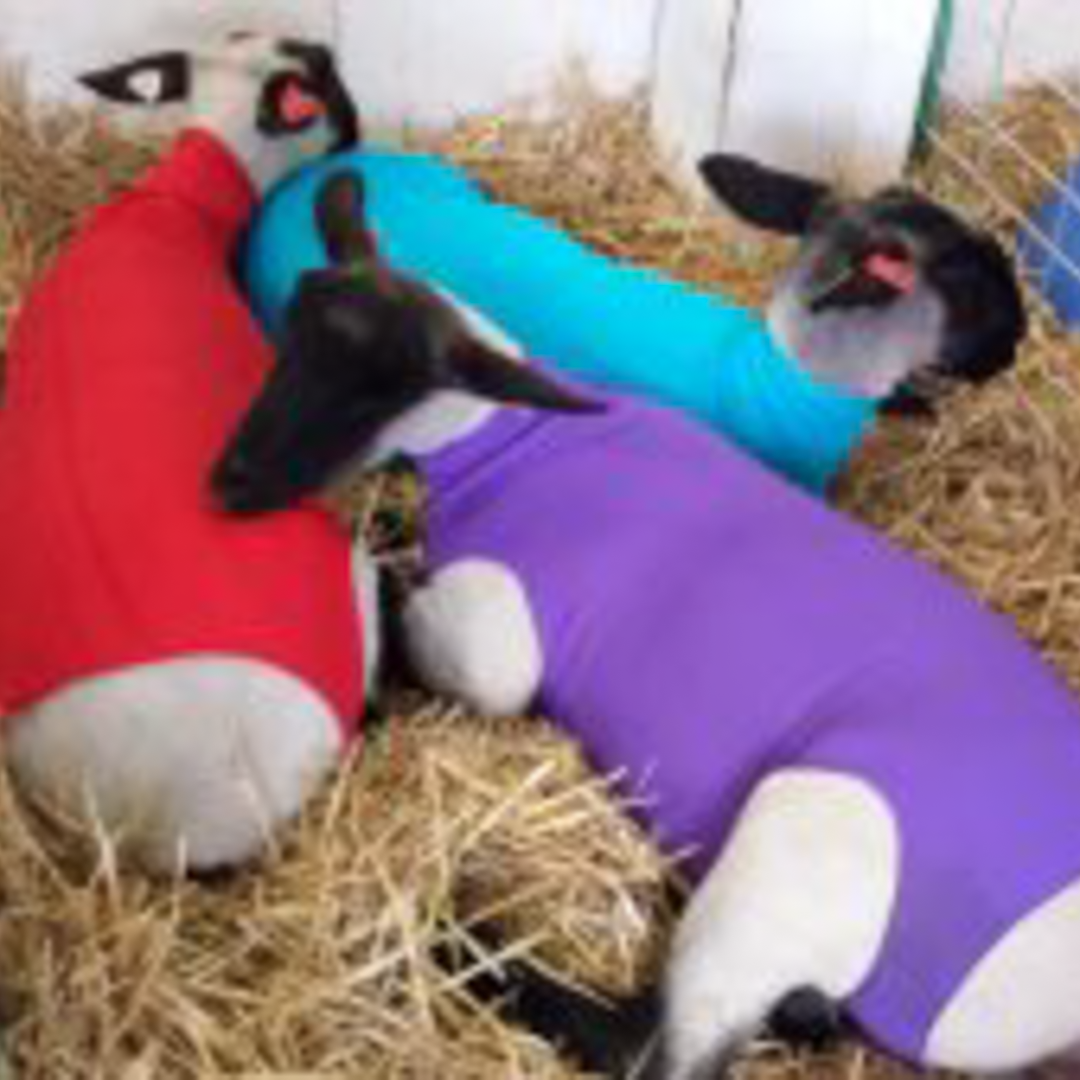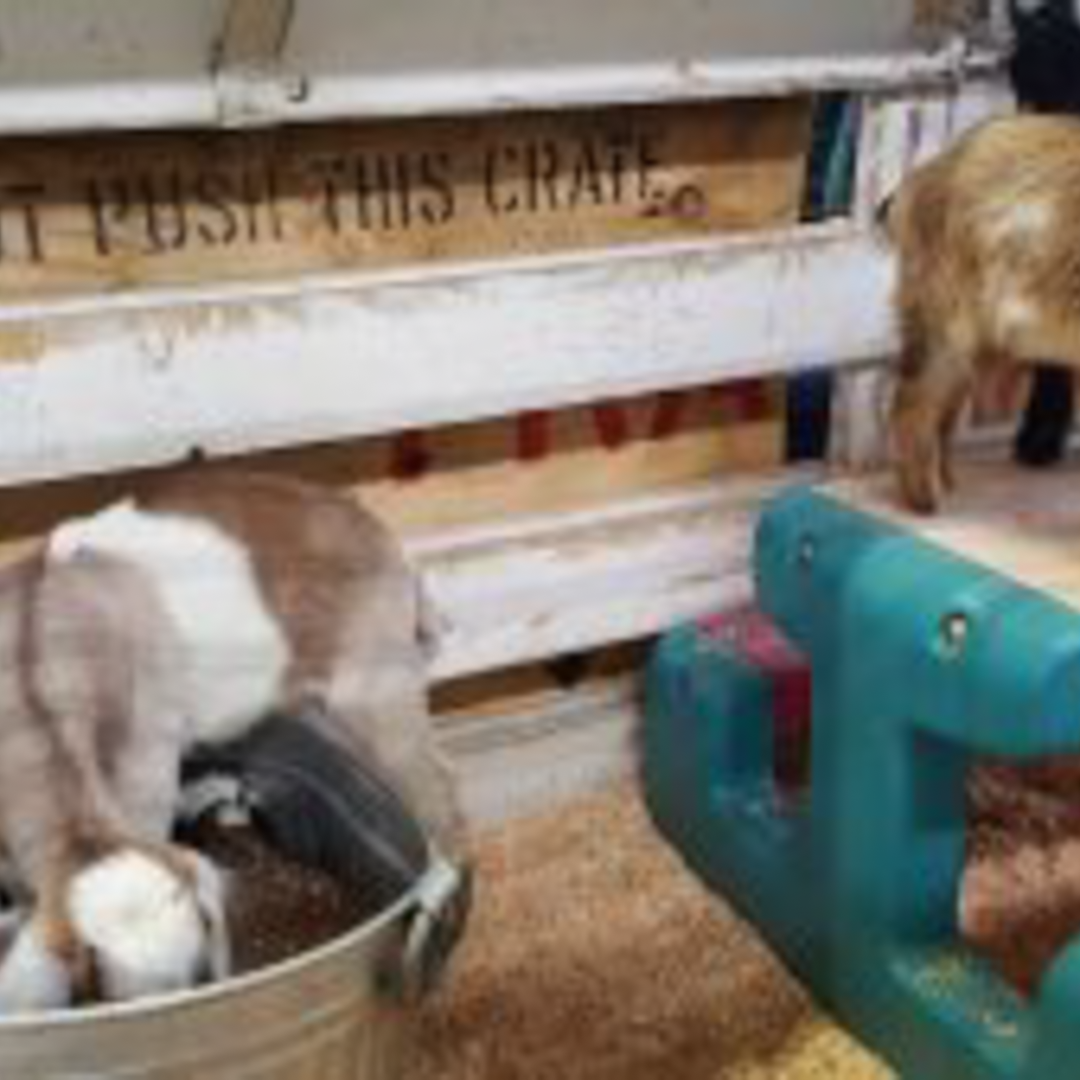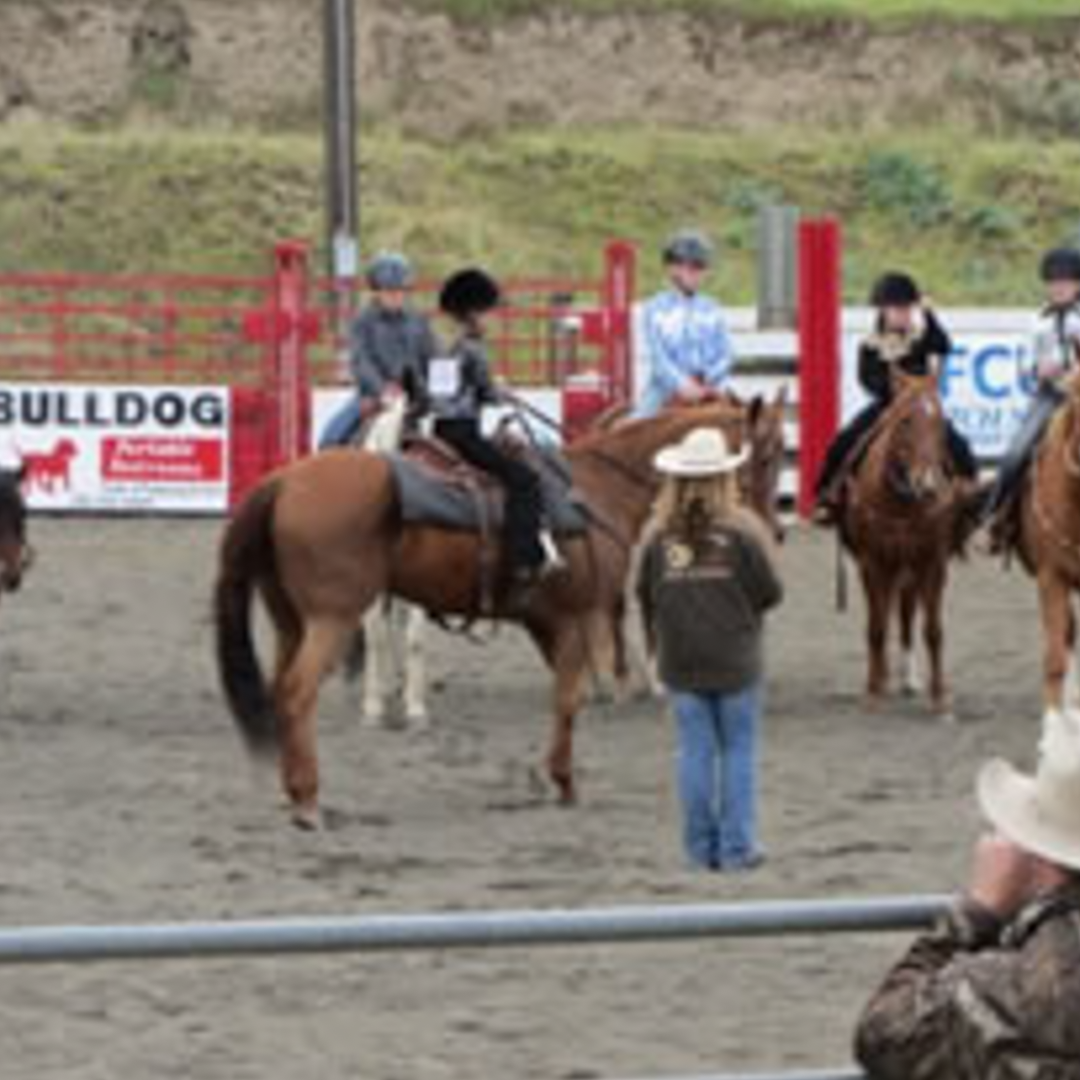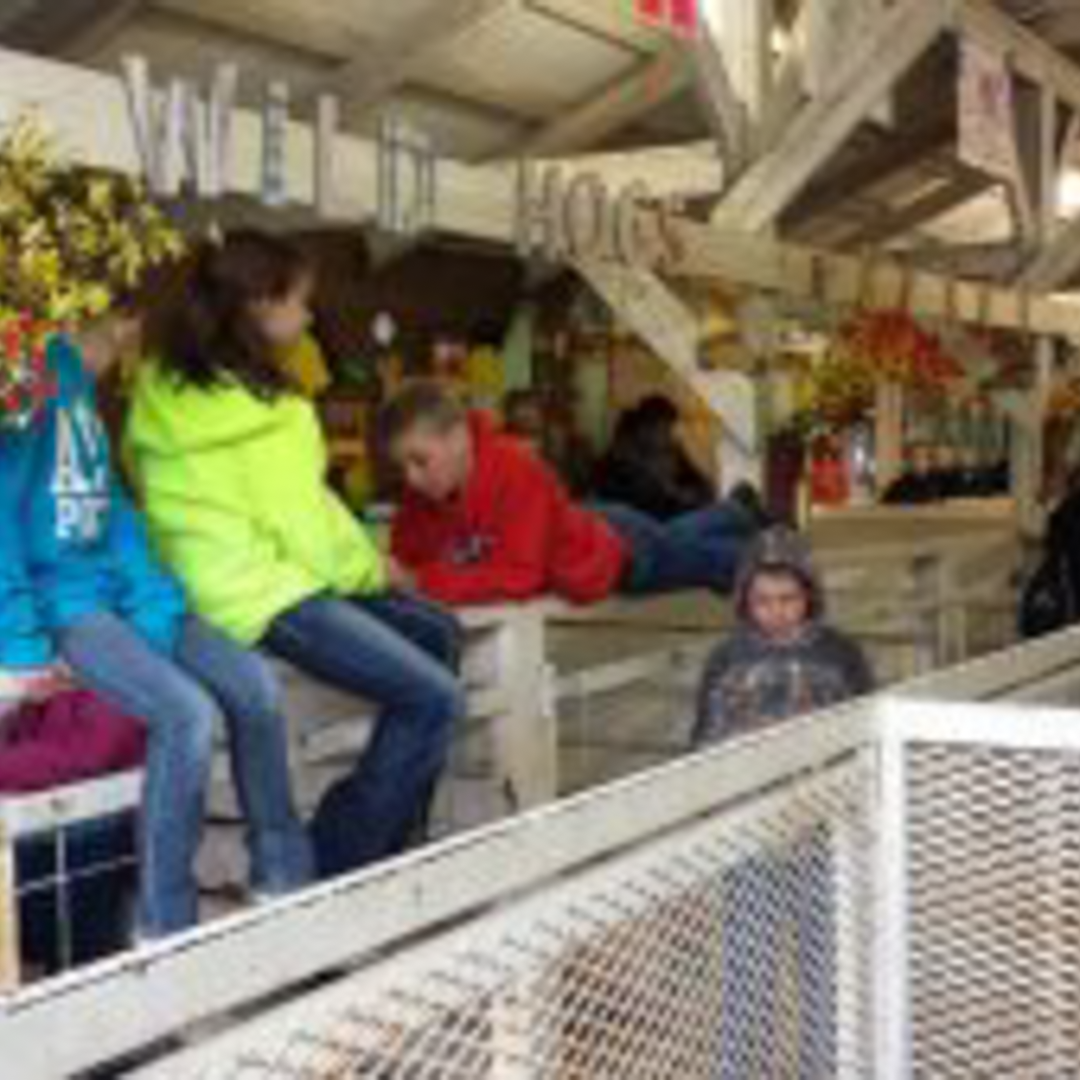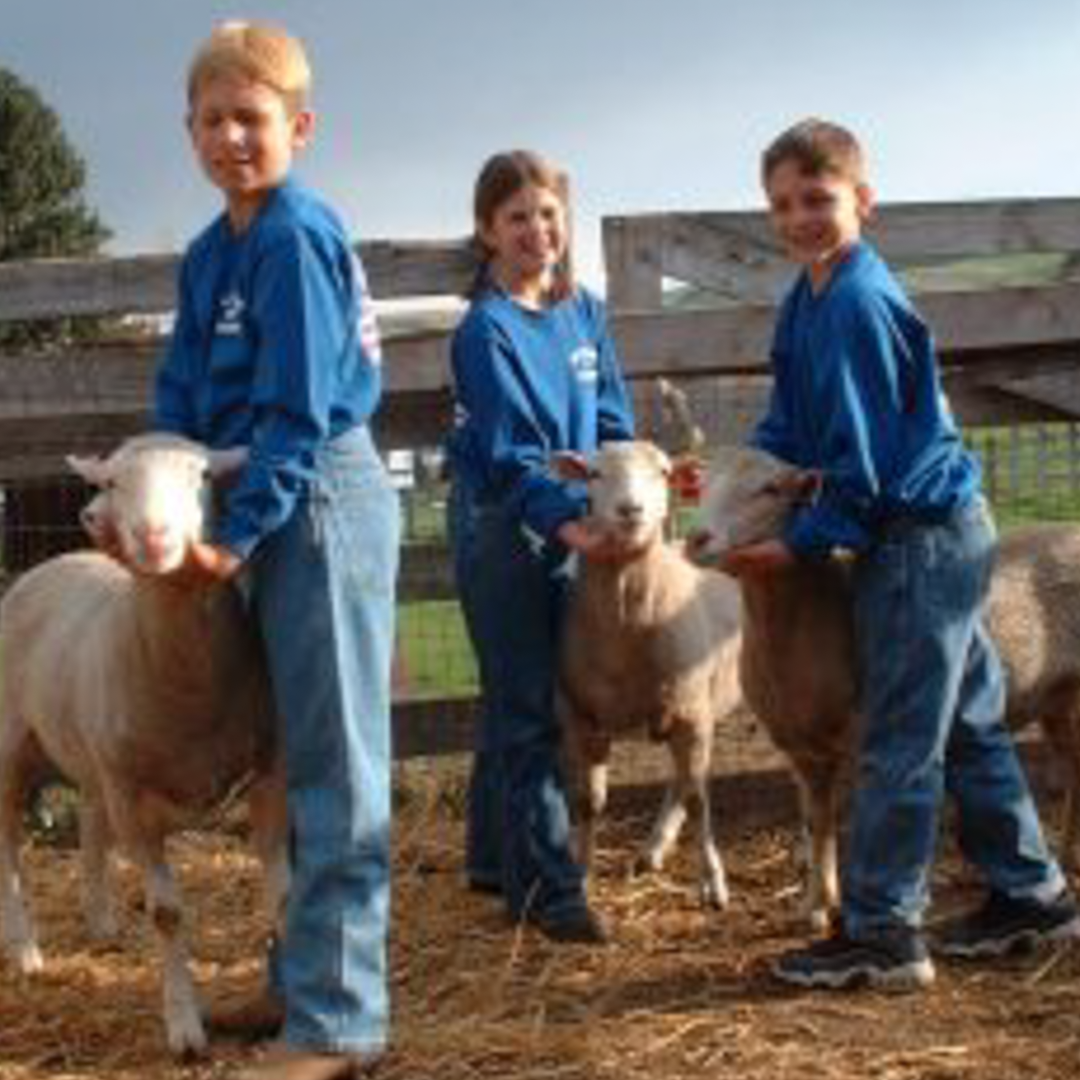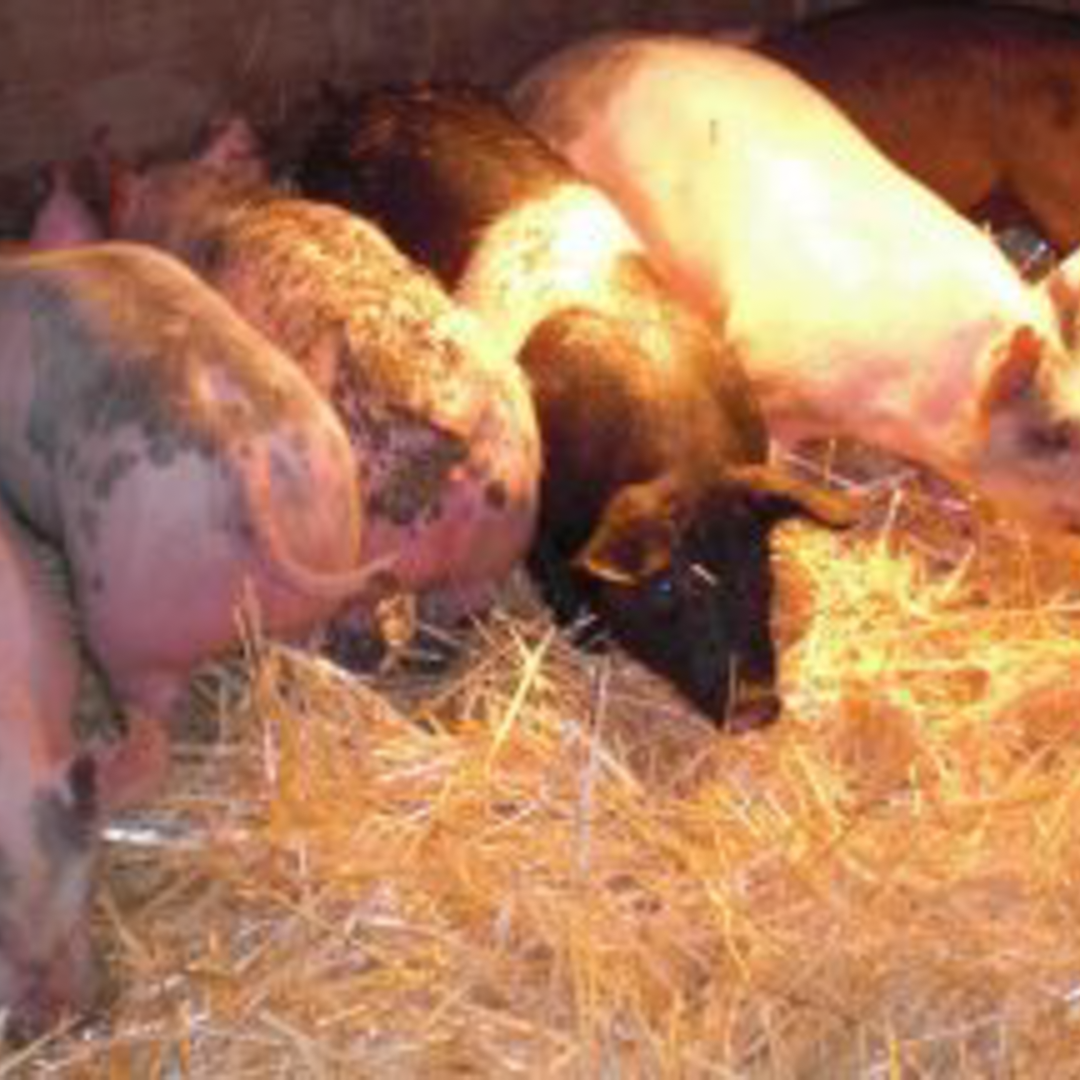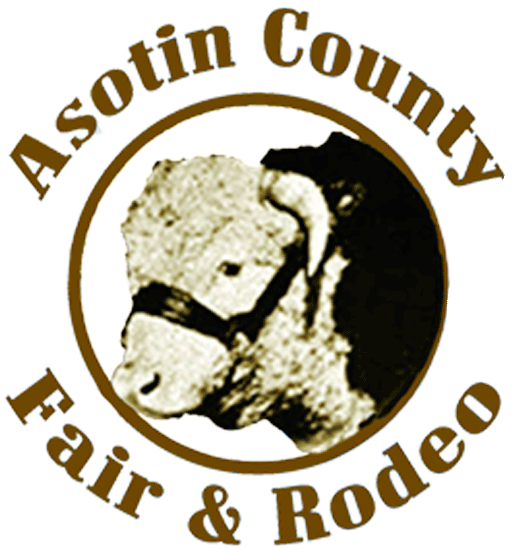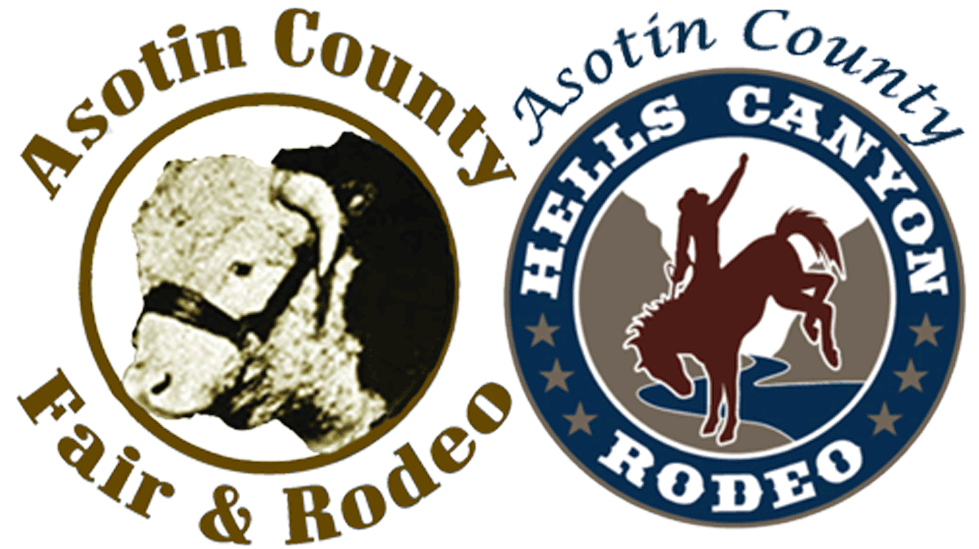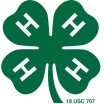Asotin County Extension Office
Director
Mark Heitstuman
Email: mheitstuman@co.asotin.wa.us
4-H Coordinator
Jeanene Kaufman
Email: j.kaufman@wsu.edu
Office Manager
Janice Reed
Email: jreed@co.asotin.wa.us
Mailing Address:
PO Box 9 Asotin, WA 99402
Physical Address:
Courthouse Basement Asotin, WA 99402
Phone:
509-243-2009
Website:
4-H Enrollment
Find information about 4-H on the extension office website. You will also see how to enroll on their site and what projects are available.
4-H members who are enrolled in the horse project compete in the annual 4-H & FFA horse show. It is free admission to the public
4-H/FFA Livestock Auction
The Sales Commission coordinates the 4-H/FFA Auction each year. 4-H members who enter in the rabbit, poultry, goats, lambs, steers or hog projects and FFA members are eligible. These animals are sold on Saturday afternoon of the Asotin County Fair.
More information about 4-H can be found at the WSU Asotin County 4-H website. Additional information about the auction can be found on the Sales Commission website.
National Show Ring Code of Ethics
This code of ethics applies to anyone exhibiting animals at livestock shows in the United States.
It includes Juniors as well as open class exhibitors who compete in structured classes of
competition. All classes of livestock offered at the livestock event are included: Cattle (Beef and
Dairy), Goats (Angora, Boer, Dairy, Meat, Cashmere), Equine (Donkey, Horses, Mules) Llamas
and other specialty animals, Poultry, Rabbits, Sheep, Swine and any other livestock classes
offered. This “National Show Ring Code of Ethics” will be enhanced with additional rules and
regulations which individual fairs and livestock shows impose on the local, county, state regional
and national levels.
The following practices or procedures are unacceptable and are defined as being deceptive,
fraudulent, unethical and inhumane in the care, fitting, preparation and showing of all classes of
livestock. The use of any illegal drugs is prohibited. Legal or illegal substances used to
phenotypically alter the appearance of an animal entered in livestock events is prohibited. (See
rule #4). Use of illegal drugs is considered a pre-meditated act! Furthermore, any information
obtained in the practice of illegal alteration of an animal will be turned over to the proper
authorities for criminal prosecution. THIS IS A ONE STRIKE YOU ARE OUT POLICY!
Exhibitor will forfeit any premium, awards, or auction proceeds and will be prohibited from
further competition at shows in the United States as well as being subject to criminal
prosecution if proven guilty.
The following is a listing of guidelines all exhibitors must follow to enter livestock
at organized competitive events.
1. All exhibitors must have viable proof (Junior division) of ownership available to prove length
of time animals have been owned. Market animals (Beef, Sheep, Swine, Goats) must be owned
and under exhibitors daily care according to established rules and regulations for the fair or
livestock exposition. This also includes all small market animals (rabbit and poultry). The official
ownership date is the date shown on the bill of sale, unless the animal was bred by the
exhibitor, in which salving or births records must be shown. (Local rules may determine
ownership requirements for nonmarket animals). Registered breeding livestock must show the
exhibitor as the sole owner of the animal on the breed association paper or certificates.
2. No exhibitor may show an animal which has been previously sold at an auction or sale as a
market animal through another fair, livestock show, whether or not there is an actual change of
ownership (progressive level shows excluded). Any method used to misrepresent the age of an
animal for a class in which it is shown is deceptive and considered illegal. Showing an animal
for another individual by claiming ownership in order to show in a specific livestock class or
event is prohibited. False ownership is illegal.
3. Junior exhibitions are expected to care for and groom their animals while at the fair or
livestock show. (Individual consideration will be given in extenuating circumstances). Adults will
not be allowed to physically assist in the preparation of the animal while at the show. Verbal
instruction will be allowed, but no physical assistance is permitted. Physical assistance may be
rendered by other junior aged members in good standing in the 4-H and FFA programs. Any
violations of this rule will result in immediate disqualification from the show.
4. Treating an animal internally or externally, with any irritant, counter-irritant, or other substance
used to artificially change the conformation or appearance of an animal for show is considered
unethical, inhumane and is prohibited. This includes, but is not limited to, the use of graphite
powders, hemp, artificial hair coloring, common products such as fly spray, ointment or liniment
used to the point that it is irritating (unless required to reduce edema at time of calving) or
similar type products. The use of dyes, spray paint or other artificial coloring which result in
altering an animal’s true and natural appearance and/or color is prohibited. Adding false hair or
hair-like material, fleece or skin at any point, spot, or area of the animal’s body is illegal and will
result in immediate disqualification. Any liquid or substance not considered, part of an accepted
and normal diet for livestock is deemed illegal and inhumane. For example: the use of alcoholic
or carbonated beverages as a drench or filler, etc.
5. The use of tranquilizers, sedatives, or depressants which alter the physical or physiological
state of the animal is illegal. Exceptions to this rule would be a licensed, certified veterinarian’s
treatment for a recognized disease or injury, or recommendation for tranquilizing breeding
animals in heat that might compromise the safety of others. The drugs must be approved by
The Food and Drug Administration for use in meat producing animals. All exhibitors shall advise
show management of any drugs and/or medication administered to an animal that might be
detected at the time of showing or at meat inspection. The name of the drug, it’s purpose, the
person who administered the drug, time and date of administration shall be presented to show
management prior to the showing and sale of the animal. Failure to report this information to the
show management will result in severe penalty and/or disqualification. Any use of drugs or
substances not approved by the Food and Drug Administration is strictly prohibited. All animals
entered into livestock competition shall be subject to testing for foreign substances that exceed
acceptable levels established by the FDA, FSIS, USDA, or EPA.
During the livestock events, in the case of animals requiring treatment, all medications shall be
administered by a licensed veterinarian and the livestock show officials shall be notified.
6. Surgery, injection or insertion of foreign material under the skin and/or into the flesh of an
animal to change the natural contour, conformation or appearance of an animal’s body is illegal.
This includes vegetable oil, silicon or any other substance used to alter the shape of the animal.
Acceptance practices of physical preparation which are allowed included, clipping of hair,
trimming of hooves, dehorning or removal of ancillary teats.
7. The balancing of the udder by abnormal means that includes the use of a mechanical
contrivance or the injection of fluid or drugs, setting the teats and/or occluding (sealing the ends)
with a mechanical contrivance or with the use of a chemical preparation is illegal. Treating or
massaging the udder or its attachments with an irritant or counter-irritant is prohibited.
8. The use of inhumane fitting, showing and/or handling practices or devices shall not be
tolerated. For example: breaking of tails, striking of the animal to cause swelling or for bracing
purposes, use of an electrical contrivance, or use of overly severe bits is not acceptable.
9. Direct criticism or interference with the judge, show management, other exhibitors, breed
representatives or show officials before, during, or after the competitive event is prohibited.
10. At the time an animal is sold at auction at the livestock show, the exhibitor shall be held
directly responsible for animals that are rejected at the processing center due to the presence of
foreign residues. The seller may be liable to the buyer for an amount equal to three times the
purchased price and may also be liable for attorney’s fees and civil penalties. Show
Management may share acceptable intelligence and evidence information with FDA and USDA
If for any reason, any part of the meat animal carcass must be removed by the FDA or USDA
inspectors, the market price will be discounted.
11. Show management reserved the right to require animal health certificates. Health
inspections and diagnostic tests may be made before or after animals are on the livestock show
premises for exhibitor and animal safety, or to inaugurate disease control procedures which may
become necessary in emergencies as determined by animal health officials.
Any violation of “The National Show Ring Code of Ethics” or specific rules as designated by
individual fairs and livestock shows will result in forfeiture of premiums and awards,
disqualification, and may result in probationary status and/or loss of eligibility for future
participation in organized livestock competition. Possible civil penalties may be imposed by the
proper authorities based on evidence provided by the livestock show or exhibitors in violation of
the Federal Food, Drug and Cosmetic act/or the animal mistreatment, neglect, and
abandonment laws that apply on the local, state, and national levels.
The decision of the livestock show management will be final.
Other cooperating shows, (The International Association of Fairs and Expositions, The
American Livestock Show and Rodeo Managers Association, and Western Fairs Association)
will be notified of the action taken by the show management, which may affect the eligibility of
the individual, group, or sponsoring organization for participation at other shows who are also
members of these organizations.
By making entry in a livestock show or event you are verifying you have read “The National
Show Ring Code of Ethics” and understand the consequences of the penalties involved for
illegal, unethical, inhumane, and unfair practices of competition. You also verify that you and
your family may be prohibited from future participation in organized fairs and livestock shows in
the United States, and could face possible criminal prosecution and/or civil penalties if
implicated in any of the aforementioned acts.
